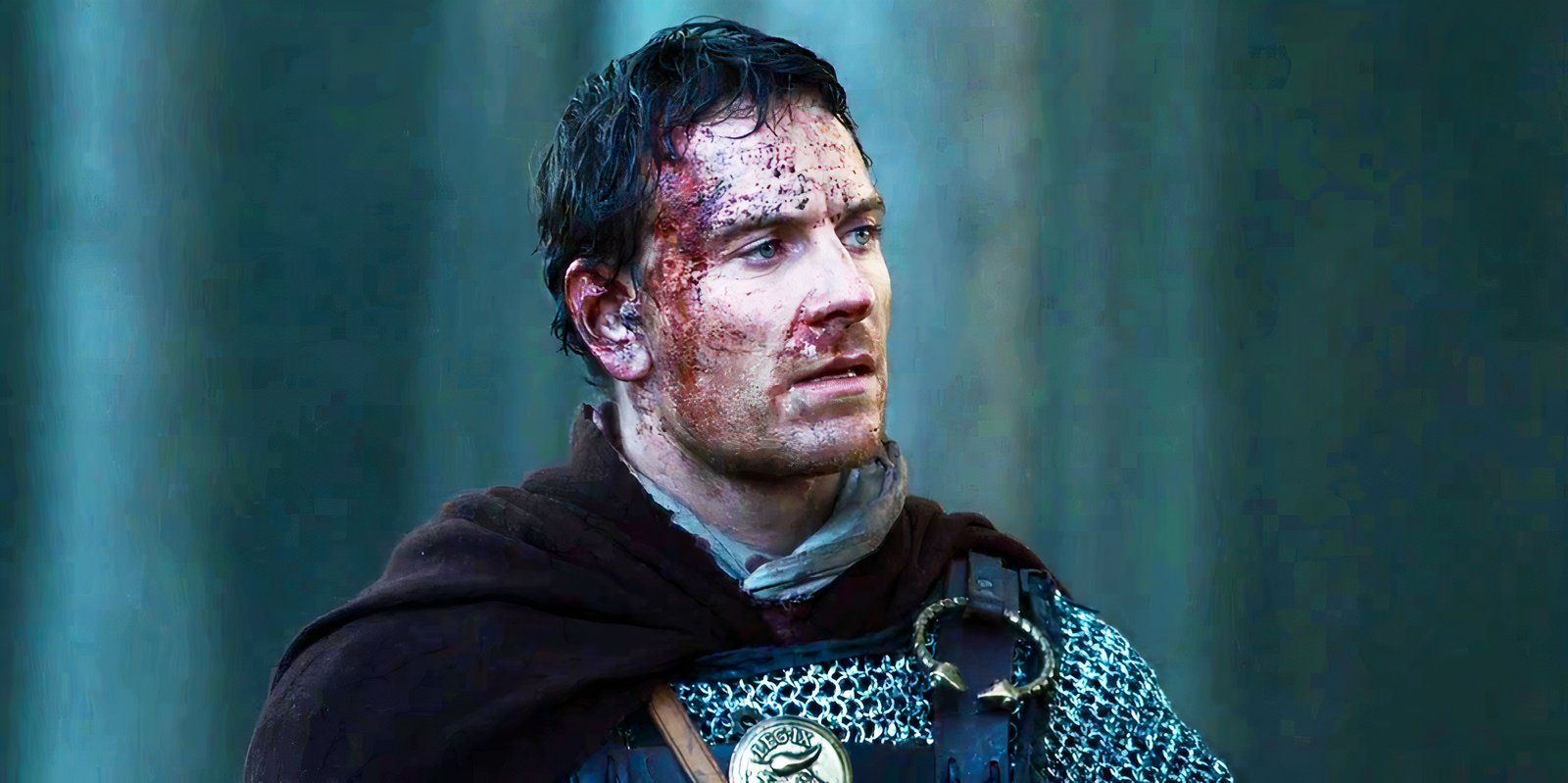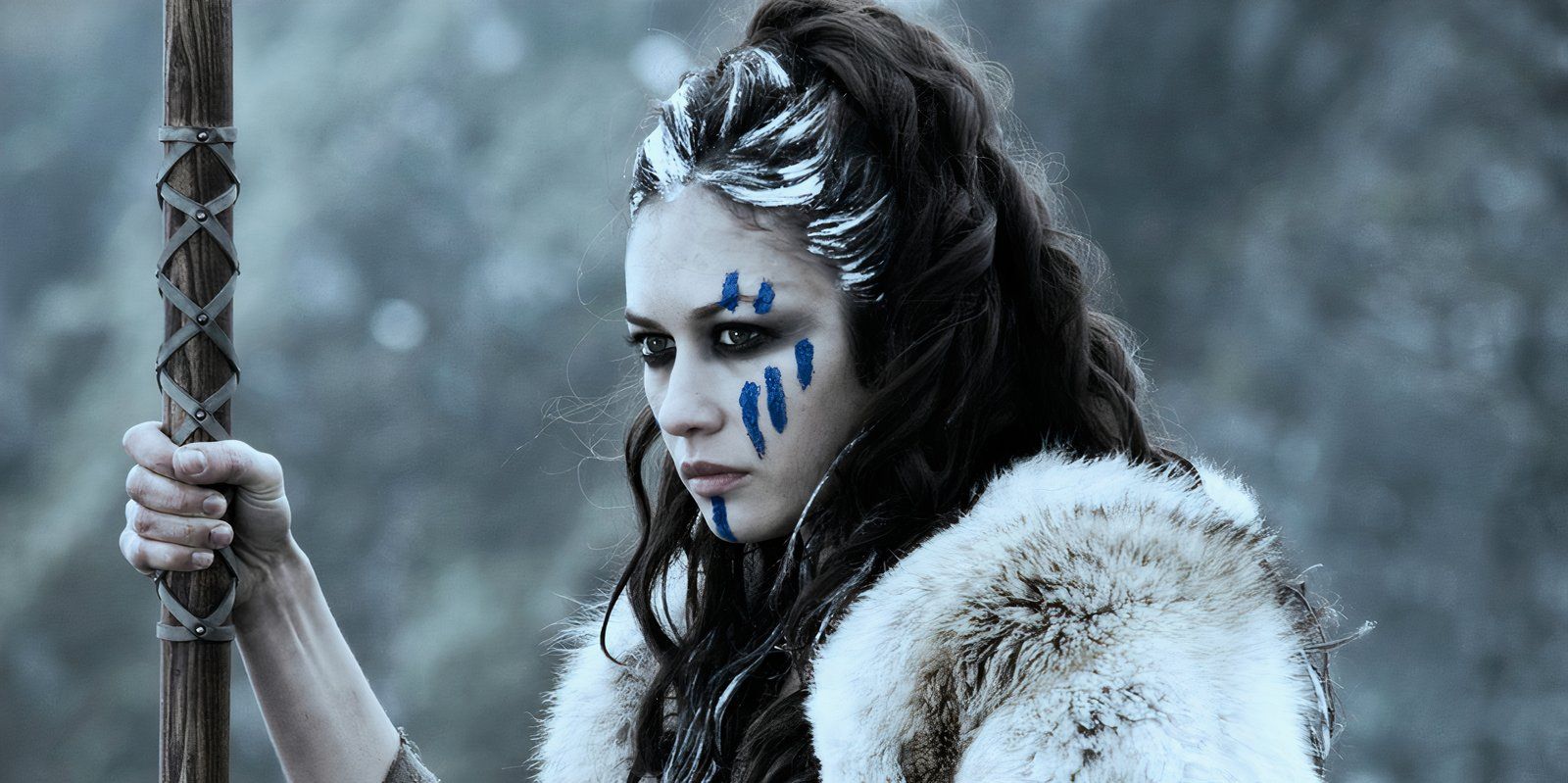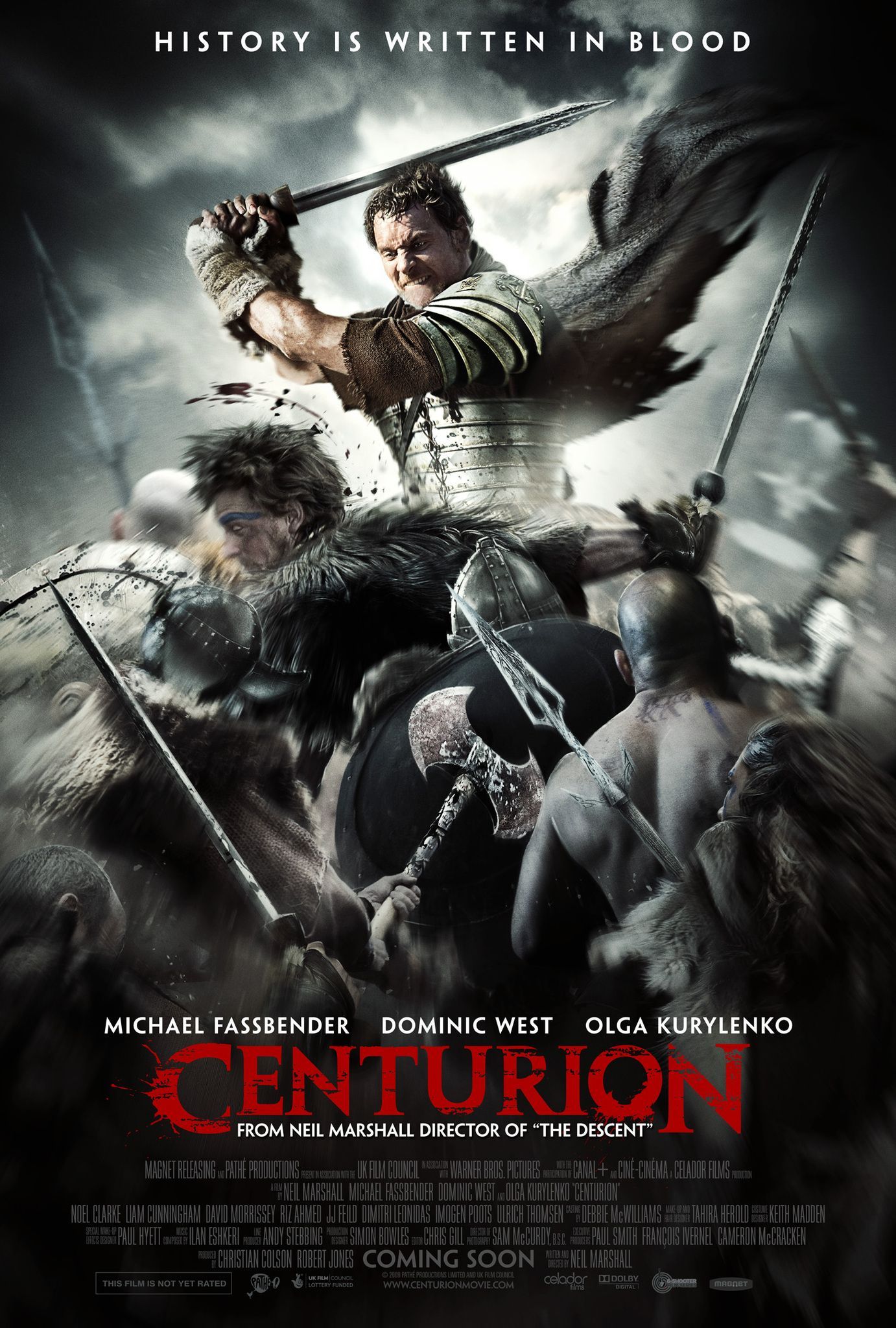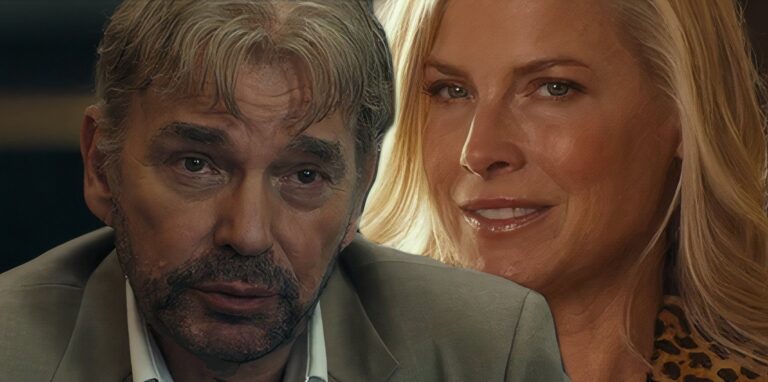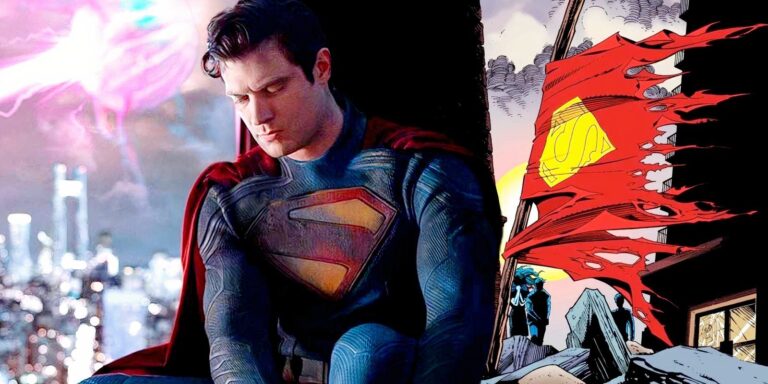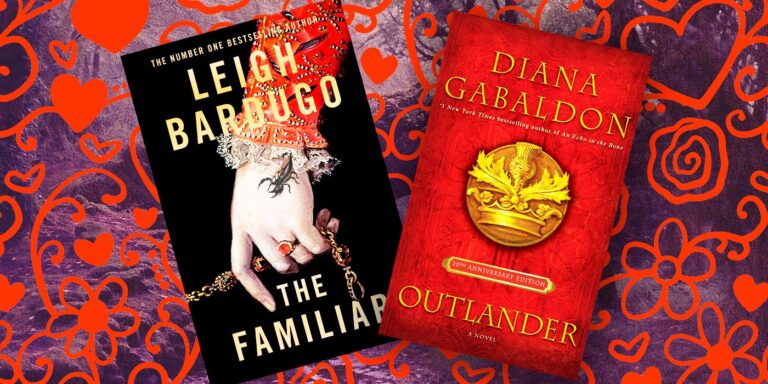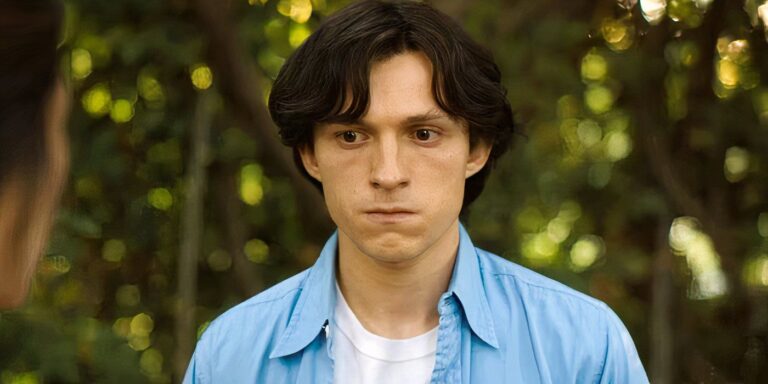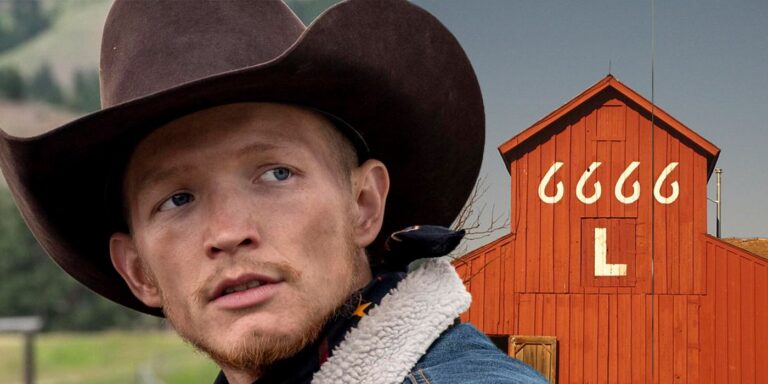Centurion (2010) starring Michael Fassbender, features an interesting mix of fact and folklore, a historian reveals. Directed by Neil Marshall, the historical action film follows a small group of Roman soldiers in Northern Britain after their legion is destroyed by a brutal ambush. Fassbender leads the Centurion cast as Centurion Quintus Dias, with supporting cast members that include Olga Kurylenko, Dominic West, Andreas Wisniewski, and David Morrissey.
In a recent video for History Hit on Youtube, historian Tristan Hughes analyzes scenes from Centurion, revealing that the film is a personal favorite of his. Despite this, Hughes reveals that the film does feature some inaccuracies, particularly as it relates to the destruction of the Ninth Roman Legion, a story beat that lacks supporting archaeological evidence.
The film does, however, blend other elements of real history into an exciting mix, including aspects of the Battle of Teutoburg Forest and the story of Boudica, an ancient tribal leader who rebelled against the Romans. Watch the video or read selections of Hughes’ commentary on Centurion below:
“Here, the setting is supposed to be Scotland, Northern Britain today. Whereabouts is unclear. But this legion, the Ninth Legion, have marched north of Hadrian’s Wall and I think it’s to try and flex the military might of Rome in the north. What I love about this story is that it’s a combination of three of my favorite tales from Roman history. You can see elements of Boudica in a small part… You can see elements of the story of the Ninth Legion that has become very popular today, and it has elements of a disastrous battle that occurred in the forest of Germania in 9 AD.
“Flaming balls, the flaming balls of fury, there’s no direct evidence for them being used. I don’t see why they wouldn’t be used, how they couldn’t be used. But it would need a lot of clearing the forest to make sure they roll down… It’s certainly possible that they could’ve done them.
“And this very much is Teutoburg Forest vibes, the barbarians coming out of the trees, hit-and-run ambushes. They’ve shown quite a lot with big brutish weapons, throwing axes, big two-handed weapons, but interestingly quite a lack of spears. Spears still would have been an essential weapon of the attackers.
“It is brutal, it is absolutely brutal this battle scene, I must admit. But I do like it because it gives Teutoburg Forest vibes and I find that battle really interesting….
“The story of the Ninth Legion is an interesting one. Archaeologically, in Britain, evidence for the Ninth Legion disappearing in 108 AD, I think the last archaeological evidence for it is a dedication… that talks about the Ninth being involved in the rebuilding of the legionary fortress at York. We then never hear of the Ninth Legion again in Britain. It’s not building Hadrian’s Wall a few years later in 122 AD to the 120s AD, which suggests that the Ninth Legion is no longer in Britain at that time.
“The popular story today… is that the Ninth Legion headed north before the building of Hadrian’s Wall and was destroyed in Northern Britain. However, archaeological evidence suggests that actually the Ninth Legion was relocated to elsewhere in the Empire.
“There’s evidence of a detachment in Nijmegen, there’s a beautiful tomb from Petra… which all suggests that the Ninth Legion exists into the second century and was probably just relocated somewhere or disbanded or destroyed somewhere else. The likelihood that it was destroyed in Northern Britain as is depicted in this movie is very, very slight.”
What Centurion’s Mixed Historical Accuracy Means For The Film
The 2010 Michael Fassbender Movie Wasn’t A Hit
Centurion earned somewhat lukewarm reviews from critics at the time of its release and currently sports a 60% score on Rotten Tomatoes. Audiences, however, were less forgiving, awarding the film only a 43%. Key complaints from critics mostly revolve around the fact that, though Centurion features plenty of bloody, gruesome battles and some impressive vistas, the story and the characters aren’t particularly compelling or three-dimensional. Made on an estimated budget of $12 million, the film failed to break even at the box office, grossing only $6.9 million worldwide.
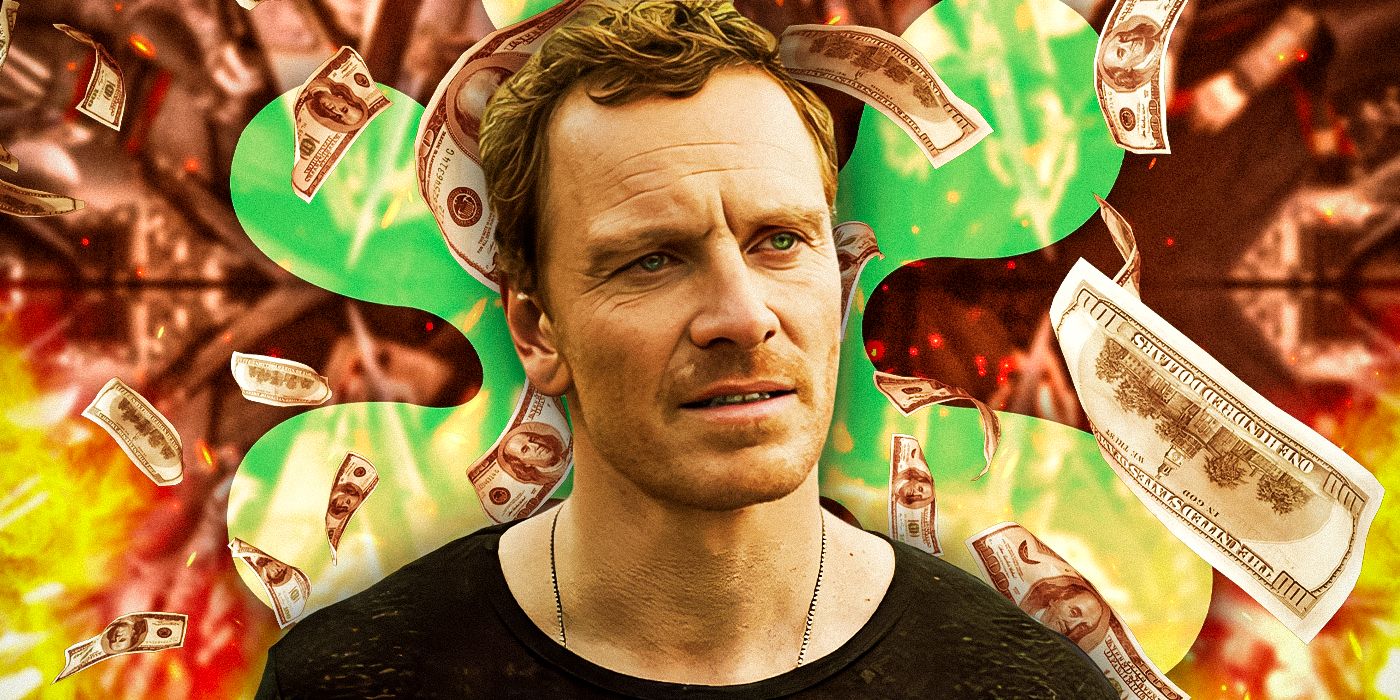
Related
Michael Fassbender’s Box Office Bomb With 18% On Rotten Tomatoes Somehow Looks Even Worse 8 Years Later
There’s one movie in Michael Fassbender’s filmography that was a flop upon release, but it’s only gotten worse in the years that followed.
The film’s Roman Empire historical accuracy, though, or lack of it, seemingly isn’t one of the reasons for the its poor performance critically or commercially. One key problem is that Centurion lacked any big-name actors, with Fassbender himself evidently not enough of a draw on his own. This would be proven again a few years later, in 2016, with the disappointing Assassin’s Creed movie, which had the added benefit of drawing from popular source material.
After
Centurion
, Fassbender would star in another historical epic with
Macbeth
(2015), in which he played the titular Shakespearean king. This film fared far better critically (80% on Rotten Tomatoes), but was similarly a box office disappointment.
Our Take On Centurion’s Historical Accuracy
The Deviations From History Don’t Serve The Characters
Often, a film or TV show will make changes to history in the interest of telling a more dramatically-compelling story. Unless a film is selling itself as a wholly accurate portrayal of an event or figure, I’m generally okay with this, as a film’s primary goal is to entertain, not to serve as a picture-perfect recreation of something in the past.
Centurion features a grab-bag of real historical elements and pure fiction, as Hughes explains above, and this evidently results in an entertaining battle sequence. The film’s deviations from history, however, don’t serve the story or the characters, and those are the elements that elevate a movie beyond being somewhat disposable.
Other Films As Brutally Accurate As Centurion
There Are Many Accurate Violent Historic Movies Out There
There are some parts of the brutal history of life in Roman Britain that Centurion got right. However, it’s not the only movie to portray the ancient era accurately (especially when it comes to violence). Nor is it even the most accurate depiction. The most obvious comparison is, of course, to Gladiator. Also set during the height of the Roman Empire, director Ridley Scott’s epic action movie has been praised by historians for its realism. This includes an additional video on the History Hit YouTube channel with historian Dr. Simon Elliott.
Like Centurion, there are, of course, ways Gladiator wasn’t accurate. On the whole however, it continues to receive praise for what it got right. For example, the way Gladiator depicted the loyalty of the Roman legions, and their rivalry with the Praetorians, was incredibly realistic. As well as the Roman Empire, there are also plenty of brutal historic movies like Centurion that take place in the murky British Isles of the ancient and dark ages.
Netflix’s The Last Kingdom: Seven Kings Must Die is the feature-length standalone finale of the epic historic series The Last Kingdom. Taking place several hundred years after Centurion, Seven Kings Must Die focuses on the brutal and bloody war between Saxons and Vikings in 9th century Britain. Much like Centurion, Seven Kings Must Die has been praised for some aspects of its historical accuracy but criticized for others. However, when it comes to brutality, it matches the unflinching depiction of ancient violence with just as much flare.
However, while there are movies out there much more accurate than Centurion, there are films that are even more liberal with facts too. Shockingly, some are among the most acclaimed historic films of all time. 1995’s Braveheart, for example, is dramatized to the point of being more-or-less fictional. Many elements were invented for the film, including the iconic blue face paint of the Scots. Another is 2005’s Kingdom of Heaven, which oversimplifies history to fit a Hollywood narrative and loses the bulk of its authenticity in the process. Centurion may not be the most accurate brutal historic movie out there, but it’s far from the least.
Source: History Hit
